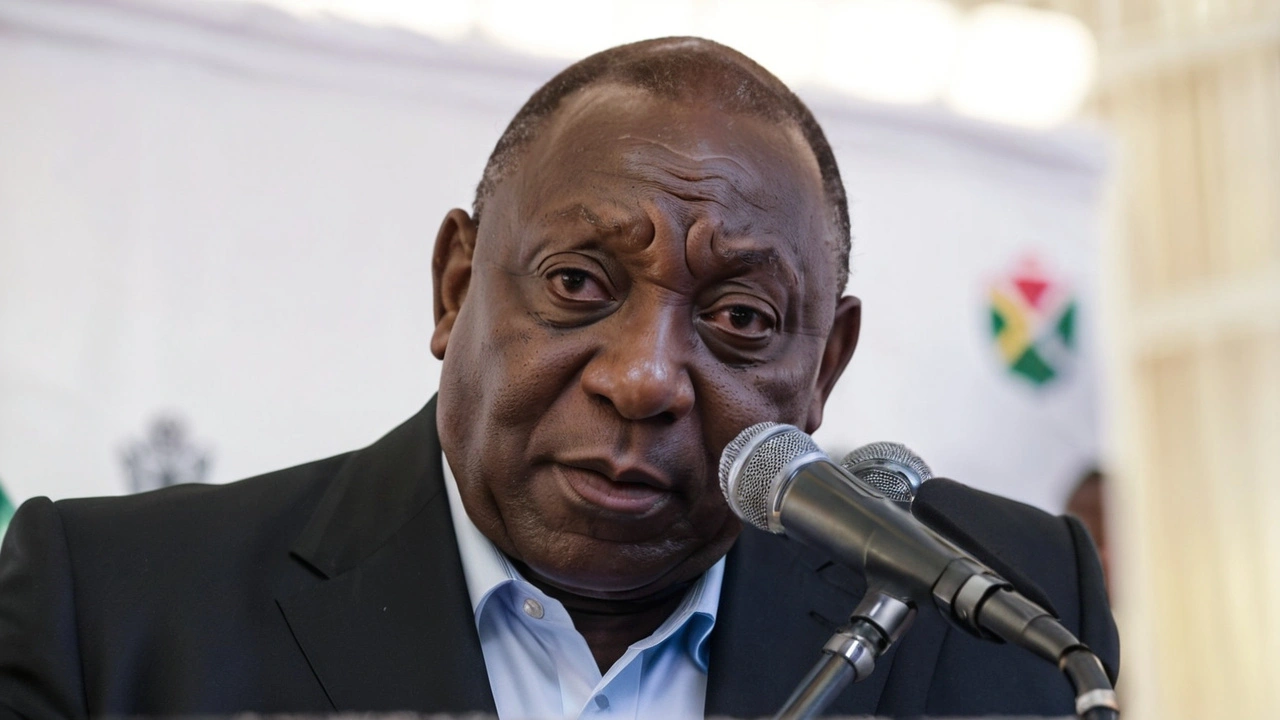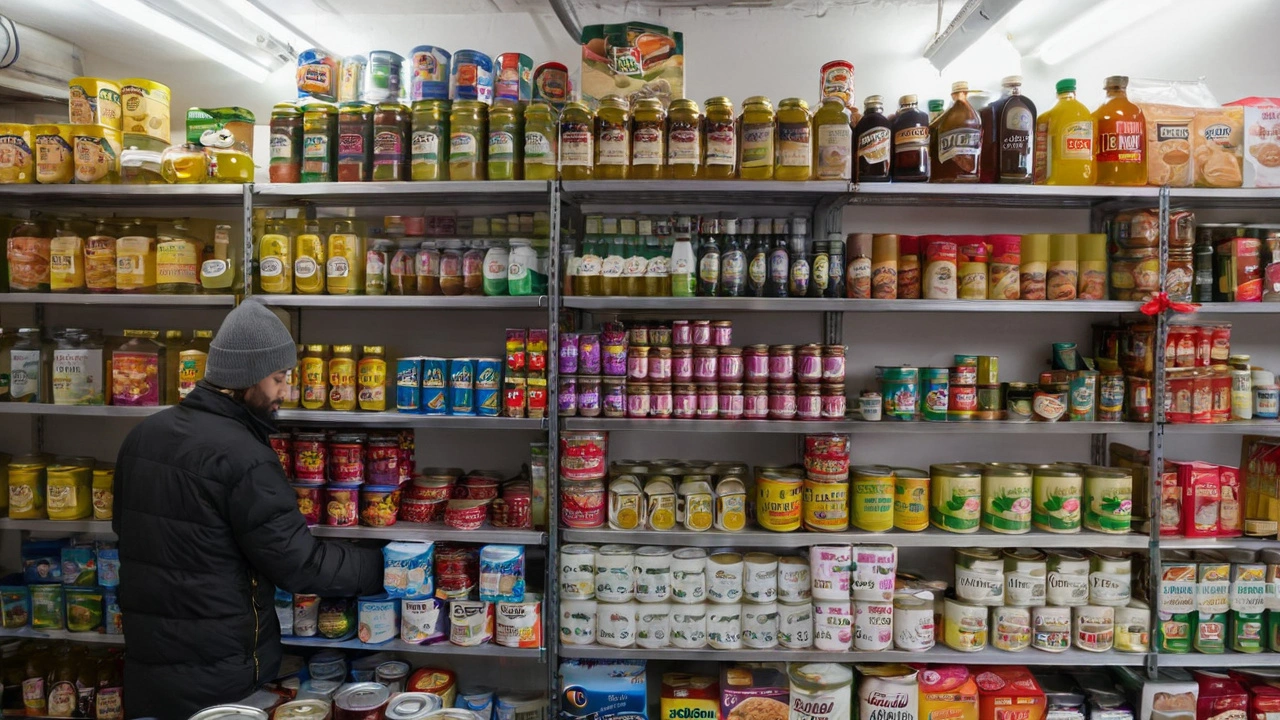
President Ramaphosa Stands Firm Against Detractors
President Cyril Ramaphosa on Monday expressed strong disapproval towards critics who have been vociferous about his government of national unity (GNU). During a speech that left no room for ambiguity, Ramaphosa labeled these critics as 'sowers of discord and division,' vehemently defending his administration’s ongoing efforts to bring about stability and unity in South Africa.
Ramaphosa’s remarks come at a time when the country is grappling with multiple challenges. From economic difficulties to social unrest, the criticisms have been unrelenting. However, the President did not shy away from addressing the criticism head-on, taking a firm stance to validate the actions and strategies of his government. According to him, the GNU is making sincere strides towards resolving the plethora of issues that the nation faces.
Background on the Government of National Unity
The government of national unity was established with the intention of creating a collaborative and inclusive governance model. This model was envisioned as a solution to bridge political divides and foster a sense of collective responsibility among South Africa’s diverse political factions. However, as with any ambitious endeavor, it has not been devoid of controversy.
Critics argue that the GNU has not lived up to its promises. They point to persistent issues such as unemployment, corruption, and inadequate public services as indicators of the administration's failure. Public sentiment, as reflected in various opinion polls and public forums, is divided on whether the GNU is indeed the panacea it was touted to be. This division is further exemplified by the vocal opposition from various political entities and social commentators.
Ramaphosa’s Defense of the GNU
Addressing these criticisms, President Ramaphosa highlighted several key initiatives undertaken by his administration to tackle the country's challenges. He outlined efforts aimed at economic reform, anti-corruption measures, and improved social services. Emphasizing the complexity and enormity of these tasks, Ramaphosa acknowledged that while progress may seem slow, the groundwork being laid is crucial for long-term stability and growth.
Ramaphosa also took time to elaborate on the principles guiding the GNU. He mentioned that unity and inclusivity are not mere political buzzwords but are essential for the nation’s healing and development. The President called upon the citizens to recognize the importance of collective action and solidarity in overcoming the socio-economic hurdles plaguing the country.
Public Reception and Political Implications
In response to the President’s address, reactions have been mixed. Some citizens applauded Ramaphosa's candidness and felt reassured by his commitment to the nation’s welfare. They see his forthright defense as a sign of transparent leadership willing to confront challenges, no matter how formidable. Others, however, remain skeptical, viewing the speech as another platitude-laden attempt to silence critics without offering tangible solutions.
Within political circles, the implications of Ramaphosa’s speech are significant. By categorizing critics as agents of division, the President has drawn a clear line between his administration and its detractors. This move is likely to influence upcoming political maneuvers and alliances, with potential repercussions for the country’s future governance. It remains to be seen how this will affect the relationship between the government and opposition parties, as well as other stakeholders in South African society.

The Path Forward for the Government
Looking ahead, the key challenge for Ramaphosa and his administration will be to convert rhetorical defenses into palpable outcomes. The President has reiterated his optimism that the measures in place will yield positive results in due time. This optimism is shared by some experts who believe that systemic reforms, though slow, have the potential to bring about enduring change.
One significant area of focus will be the economy. Analysts suggest that targeted policies aimed at stimulating growth, creating jobs, and attracting investment are essential. Alongside economic measures, there is also a crucial need to address corruption. Initiatives aimed at improving governance and accountability will be pivotal in restoring public trust and confidence in the administration.
Another critical aspect is social cohesion. The GNU was designed to promote inclusivity, and achieving this remains a fundamental goal. Efforts to engage with various community leaders, promote dialogue, and bridge societal divides are ongoing tasks that require sustained commitment from both the government and the citizens.
Conclusion: Navigating the Road Ahead
In summary, President Ramaphosa's response to his critics underscores a pivotal moment for his administration and the wider South African political landscape. By defending the government of national unity, he has renewed his pledge to lead a unified and stable South Africa. While criticisms are likely to persist, the real test will be in the implementation and success of the policies put forth by the GNU.
For South Africans, the road ahead is fraught with challenges, but also with the promise of prospects. Unity, inclusivity, and collective effort remain the cornerstones upon which the nation’s future will be built. It is a call for every citizen to participate actively in the journey towards a more prosperous and unified South Africa.
Write a comment